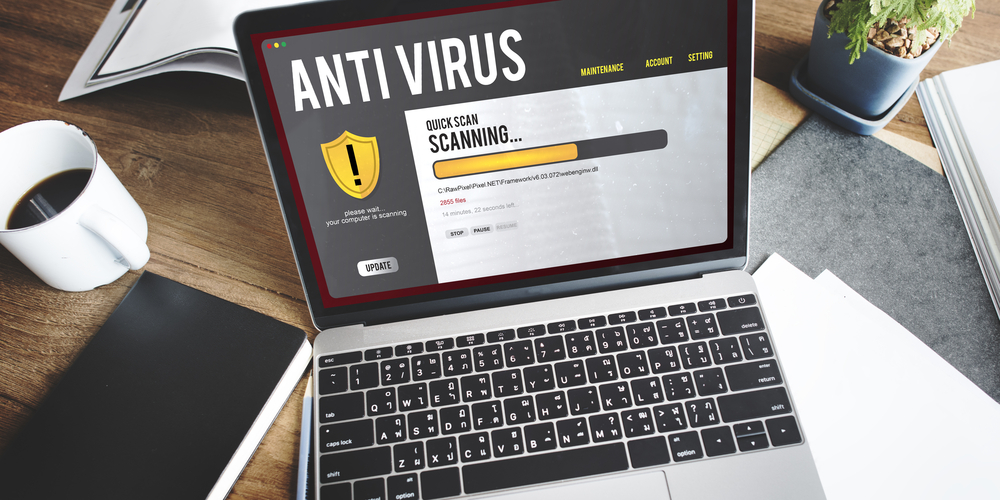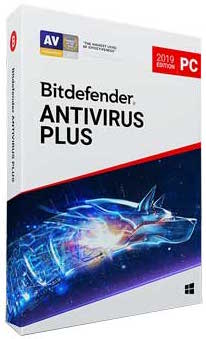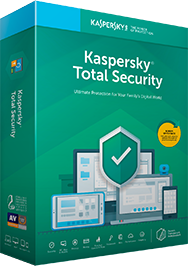Also-Rans Catch Up in Latest Antivirus Tests
All brands, even the usual laggards, did well in latest antivirus test results. Is it a real breakthrough, or a just a statistical fluke?
It's too early to say for sure, but antivirus software might be getting better across the board.

The latest results from German independent testing lab AV-TEST are in, and, as Oprah might say, everybody wins. Perennial leaders Bitdefender, Kaspersky Lab, Norton and Trend Micro still led the pack, but what was unusual was that no other brand did less than rather well. Everyone joins the club of best antivirus software!
Even the free Microsoft Security Essentials program, which a couple of years ago was posting dismal malware-protection rates as low as 49 percent, bottomed out at only 97 percent this time -- a score that until recently we'd have deemed as "pretty good."
MORE: Best Antivirus Software and Apps
Other erstwhile laggards caught up as well. ThreatTrack VIPRE Internet Security went from detecting 76 percent of previous unseen "zero-day" malware in November 2014 to 99 percent in July 2017, and 100 percent the following month.
AhnLab Internet Security stopped only 71 percent of zero-day malware in February 2014, but nabbed 98 percent in July 2017 and 100 percent in August.
Comodo Internet Security Premium jumped from 92.6 detection of known "widespread" malware in July 2015 (that sounds like it might be a good score, but it really isn't) to 100 percent two years later.
Sign up to get the BEST of Tom's Guide direct to your inbox.
Get instant access to breaking news, the hottest reviews, great deals and helpful tips.
Of the major antivirus brands that Tom's Guide regularly reviews, McAfee has often scored the lowest in malware tests. Its Internet Security program stopped only 76 percent of zero-day malware in May 2012, and even in recent months has only pulled even with Microsoft Security Essentials on Windows 7.
But this time, McAfee Internet Security stopped 99 percent of zero-day malware in July and 100 percent in August. Against widespread known malware, it performed excellently — 99.9 percent and 100 percent.
All these new results could be just a statistical fluke. AV-TEST throws the same sets of zero-day and widespread malware at all 20-odd products it tests, and it's possible this could have been a particularly easy batch. (In similar tests conducted around the same time by rival lab AV-Comparatives, many products did remarkably well in July 2017, only to fall back in August.)
But the AV-TEST results fit with an overall trend in which malware detection has gradually been getting better, even for less effective products. The fact that this happened on Windows 7, rather than the much more secure Windows 10, makes it all the more impressive.
Does this mean you can switch from paying for Bitdefender, Kaspersky, Norton or Trend Micro to getting antivirus software for free? Not quite yet. Those four brands perform consistently well — month after month, they get 100 percent or 99.9 protection scores. They also make some of the best Mac antivirus software and the best Android antivirus apps.
Other brands may touch those numbers occasionally, but then drop back to lower levels, and we expect many of their gains to be wiped out with the next results in a couple of months.
But the free antivirus products are closing the gap. Avast and AVG merged last year, and their combined malware-detection engine is bringing both brands' free programs to the front of the pack, just behind the big boys. Avira's numbers have dipped a bit in the past couple of years, but these latest Windows 7 results put them back even with Bitdefender, Kaspersky and the like.
Even Bitdefender and Kaspersky have quietly put out their own free products in the past couple of years in an effort to retain market share (and adapt to Microsoft's arcane rules for Windows 10 antivirus software). Their free products have the same excellent malware protection that their paid versions do, only with fewer bells and whistles such as password managers, hardened browsers or tech support.
The real breakthrough will be when Windows Defender, the antivirus software that Microsoft builds into Windows 10 (and Windows 8.1), consistently matches the best paid stuff. The antivirus industry will have to do some retooling when that happens — and it will someday. But for now, it's best to stick to the highest-rated products.



Paul Wagenseil is a senior editor at Tom's Guide focused on security and privacy. He has also been a dishwasher, fry cook, long-haul driver, code monkey and video editor. He's been rooting around in the information-security space for more than 15 years at FoxNews.com, SecurityNewsDaily, TechNewsDaily and Tom's Guide, has presented talks at the ShmooCon, DerbyCon and BSides Las Vegas hacker conferences, shown up in random TV news spots and even moderated a panel discussion at the CEDIA home-technology conference. You can follow his rants on Twitter at @snd_wagenseil.

